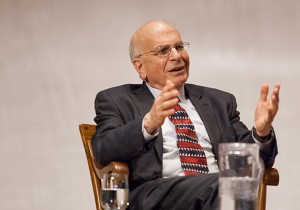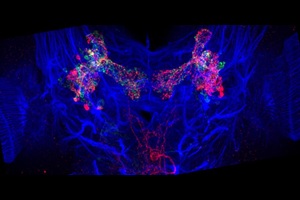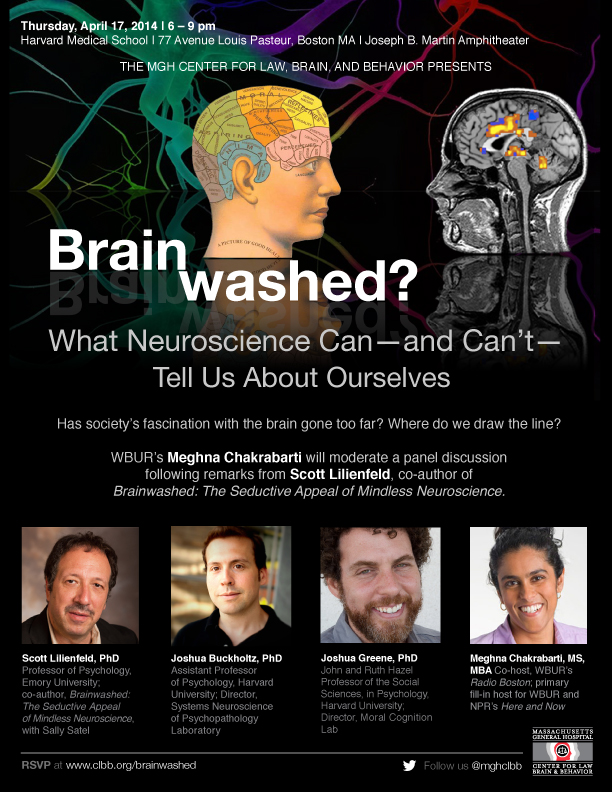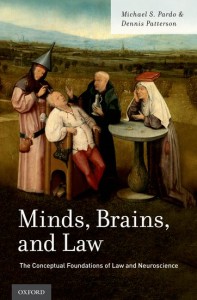Decision making and memory are lynchpins of human behavior and cognition. And the emerging science of the failures of decision making and memory is becoming increasingly relevant for discussions of public policy and the criminal justice system.
“We don’t know much, but we know a few things that can be put to use,” Kahneman said.
In a talk Tuesday at Harvard Business School, psychologist and Nobel Prize laureate Daniel Kahneman sat down with Harvard Law Professor and decision scholar Cass Sunstein to discuss Kahnemann’s research into how the mind processes information, the distinction between experience and memory, and it’s role in shaping the field of behavioral economics. Colleen Walsh, staff writer for the Harvard Gazette, reported:

While Kahneman said he initially thought that determining “whether people were happy in their life is more important than how happy they are when they think about their life,” he later changed his mind based on an understanding of how people plan for the future.
“In a way, when you think about the future you are maximizing the qualities of your anticipated memories. If this is true, it’s absurd to have a conception of well-being which has nothing to do with what people are actually trying to achieve.”
During a question-and-answer session, one member of the audience wondered if it is premature to use what are sometimes considered “primitive” behavioral findings in shaping public policy. (In recent years, several countries, including the United States, have created behavioral insights teams to help their governments design better policy.)
“We don’t know much, but we know a few things that can be put to use,” Kahneman said.
See the full article in the Harvard Gazette here. By Colleen Walsh, February 5, 2014.







